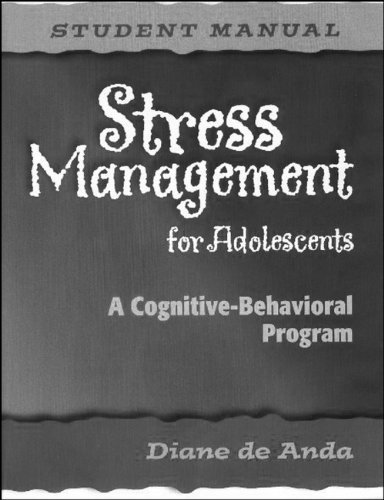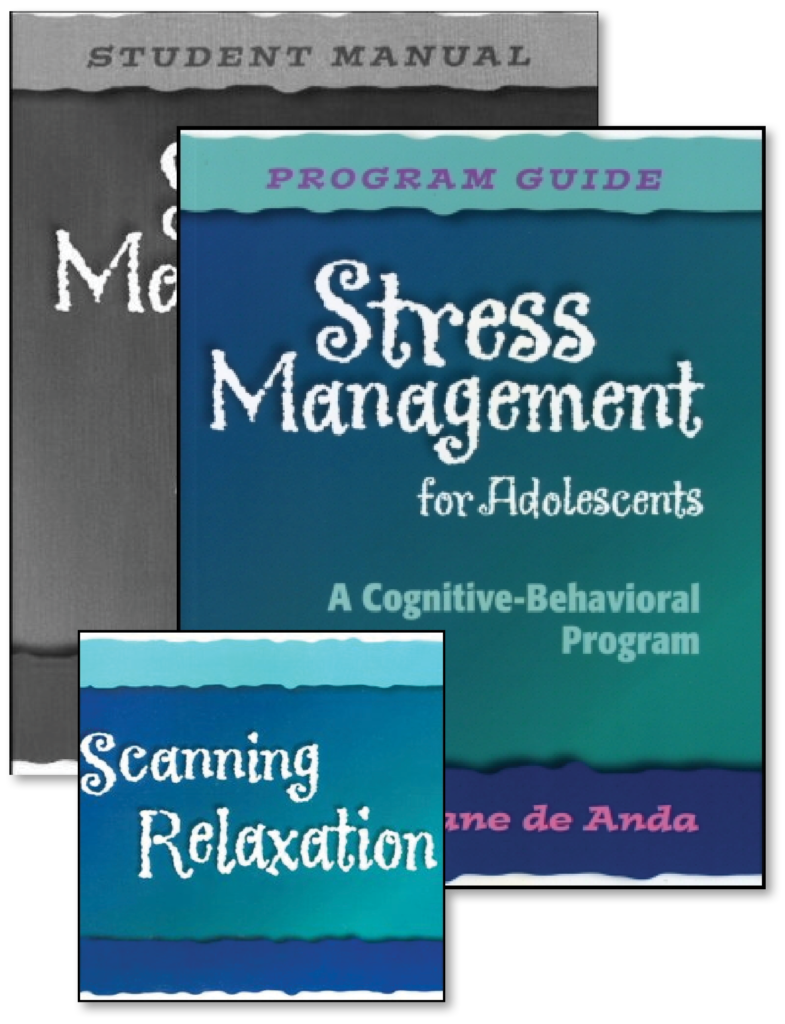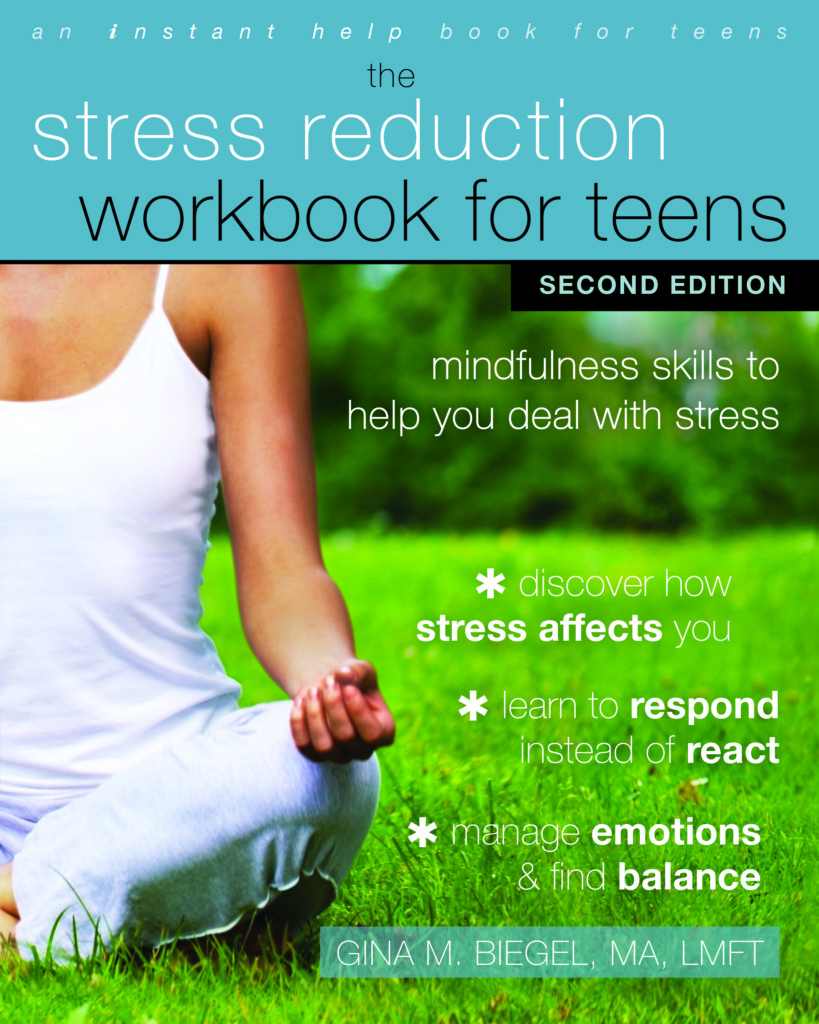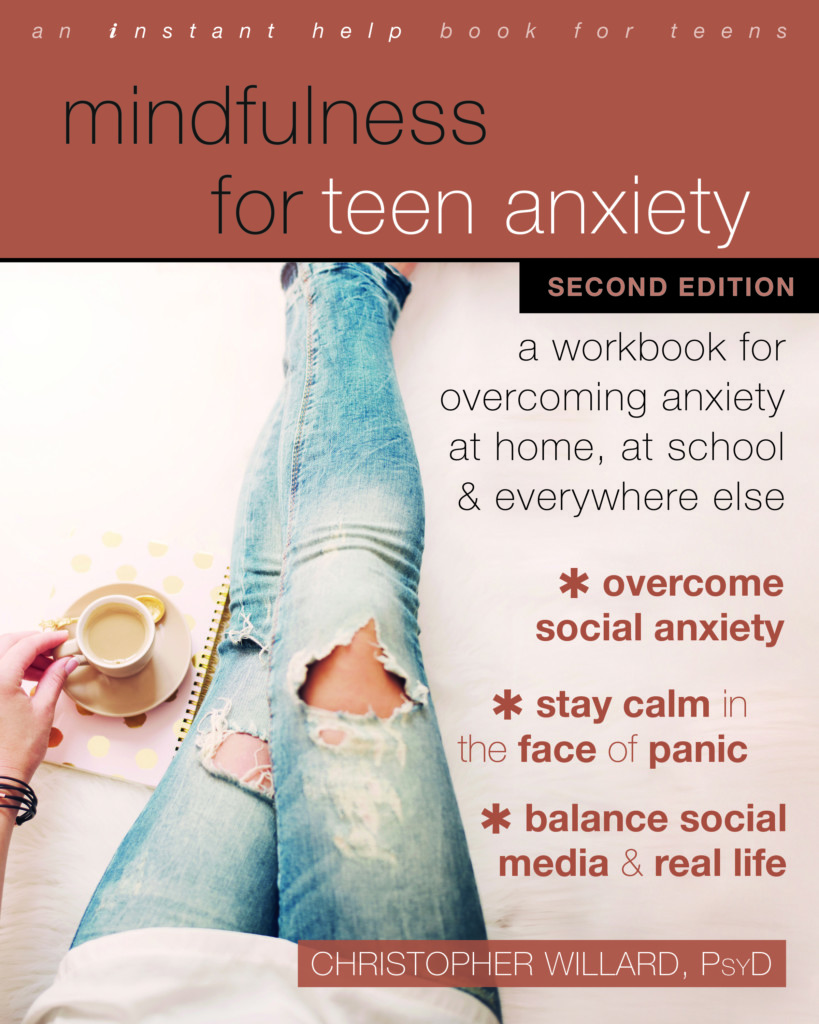Enhances the ability of middle and high school students to reduce stress and handle stressful situations in their daily lives—for use in classroom or small group settings.
The Program Guide provides scripted sessions, instructions, worksheets, visual aids, and motivational activities. Pretests and posttests are included to measure levels of stress, ability to handle stress, and the effectiveness of various coping strategies.
A copy of the Scanning Relaxation audio CD is included with the Program Guide.
The Student Manual is an integral part of the program and is necessary to implement the program.
Program Objectives
This stress management program is designed to help students achieve the following objectives:
- Understand the nature of stress and its impact on health and behavior.
- Recognize the stressors and signs of stress in their own lives.
- Recognize the cognitive components of stress, especially the effects of one’s automatic thoughts and internal dialogue on appraisal of stressors.
- Learn various relaxation methods to reduce muscle tension related to stress.
- Learn cognitive techniques to increase accurate appraisal of stressors.
- Learn specific behavioral techniques for reducing the degree of stress and distress.
- Learn a problem-solving strategy for dealing with situations that are stressors or potential stressors.
- Integrate cognitive and behavioral coping strategies in their daily lives.
Book Review
“This curriculum is executed thoroughly and step-by-step. It instructs how to teach relaxation and regulatory skills. It goes beyond many relaxation programs in terms of its scope, which broadens to include mindfulness, actions (versus reactions), and problem-solving strategies.”
—Social Work with Groups








